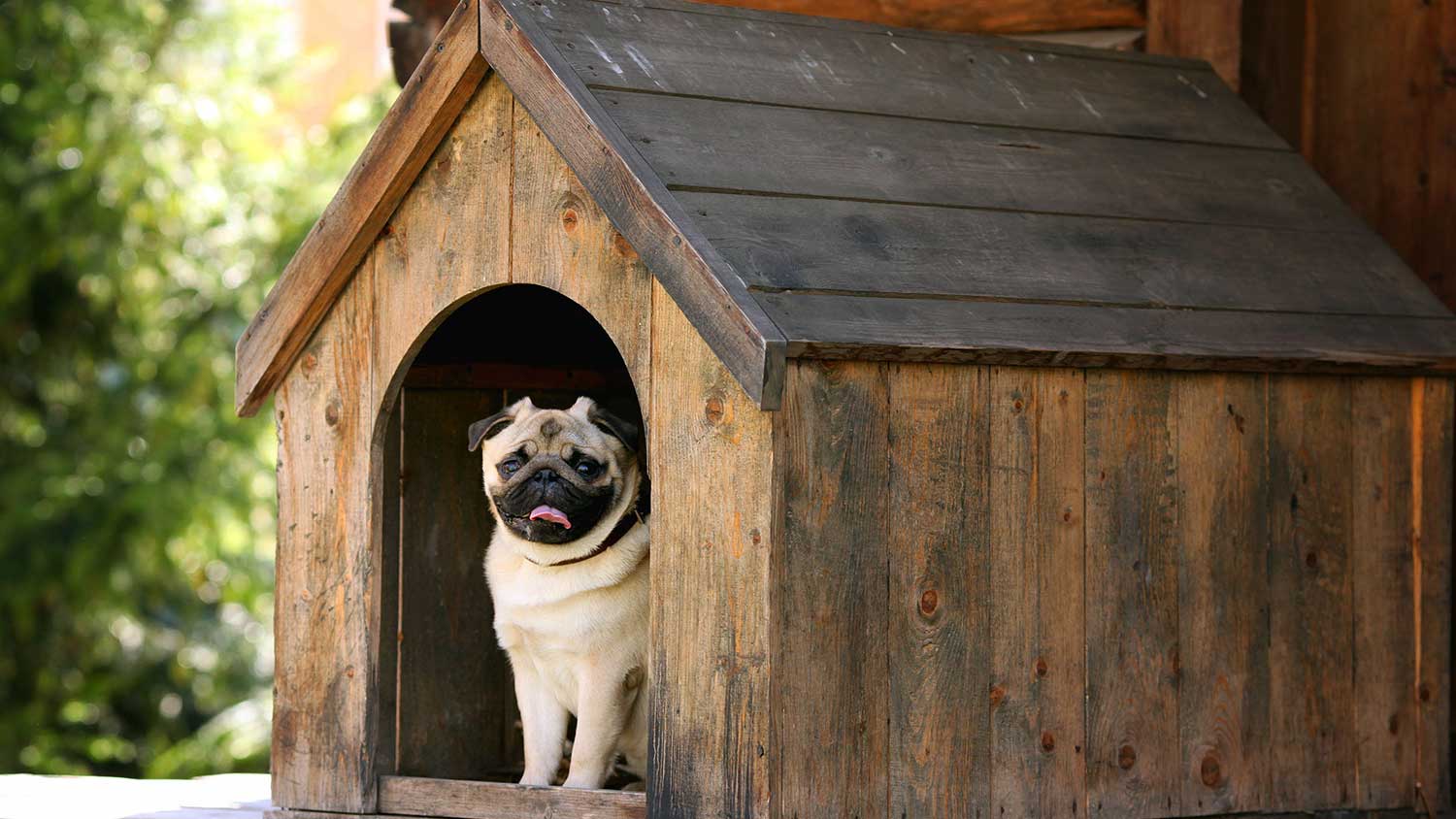
Wondering about the cost to hire a handyman? Discover prices, key cost factors, and money-saving tips to help you plan your next home project.
Check your contractor’s license, insurance, and experience before signing a contract


A general contractor is the captain of your home improvement or construction project team. They are responsible for assembling a team of sub-contractors, securing permits, and managing the project budget and timeline. You’ll want to make sure the job goes to someone you trust and who communicates well. When vetting candidates and collecting estimates, here are the questions you should ask before hiring a contractor.
A valid contractor's license is an essential prerequisite because it demonstrates that the contractor has met specific qualifications, undergone necessary training, and complied with local regulations. In a nutshell, it's a sign of professionalism and competence. Ask for their license number and verify it with your local licensing authority to ensure it's current and in good standing.
Remember, working with an unlicensed contractor comes with consequences. Failure to hire a licensed professional could lead to legal and financial troubles if accidents or subpar work occurs.
A reputable contractor will have liability insurance and workers' compensation coverage.
Liability insurance offers financial protection if you are held legally accountable for injuries or property damage to another person. This coverage includes expenses related to legal proceedings and compensation if you are deemed lawfully responsible.
Workers' compensation is another layer of protection that ensures you are not liable if a worker is injured while working on your property. To obtain evidence of a contractor's insurance coverage, request a Certificate of Insurance (COI) from them. After requesting proof of insurance, verify the coverage's adequacy for your project's scope.
Ensure the contractor is bonded with a surety bond. It serves as a safeguard for their legal and financial responsibilities. Think of it as financial assurance that the contractual obligations will be met as initially agreed upon. The surety acts as the guarantor for the agreement with the contractor and will step in to cover any financial losses should any problems arise.
To obtain proof of the contractor's bond, request a Certificate of Bonding and inquire about the specifics of the bonding institution.
Now that you know the contractor is licensed, insured, and bonded, check with your state's business registry and online reviews for any red flags regarding their work. It is also good to ask the contractor for at least three references. Ask the contractor's references about the team's professionalism, if they meant deadlines, and if the reference is happy with the overall quality and cost of work.
One more tip: Ask for the full names of anyone who will have keys to or access to your home during the project.

To get an accurate response, you’ll want to have a general vision for the project before that conversation.
For example, if you’re planning a renovation, have a general idea of:
How many rooms or square feet are involved
What types of rooms
Any structural changes
Whether it’s a new build or remodel
Any major systems like plumbing, electrical, or HVAC that need to be added or moved
Give potential contractors as much information as possible so that they can prepare a complete quote for you. Try to get prices from at least three different contractors and compare what’s included.
Your contractor likely has a standard contract and other documents they use, but don’t be afraid to make changes. Some points to note include:
Who is responsible for obtaining permits?
How long will the work take?
What guarantees or warranties are offered?
Will the contractor haul away old materials and appliances?
When are payments due, and what is the percentage for each installment? Consider withholding the final payment until you are completely satisfied with the work.
A warranty from your contractor ensures the quality and longevity of their work. When discussing the project, ask the contractor to provide details about their warranty, including the scope of coverage, duration, and any conditions or limitations.
To obtain proof of the warranty, request a written document outlining these terms and conditions and keep it on record for reference in case any issues arise during the warranty period. Doing so protects your investment and establishes clear expectations for the contractor's accountability in delivering satisfactory results—a win-win.
Clarifying if clean-up and removal are part of the project will ensure there's no surprise mess left after the work is completed. You can approach this by asking, "Does the project estimate encompass clean-up and waste removal expenses, or are these services billed separately?" This straightforward question ensures transparency and prevents any unexpected additional costs.
A few factors that can inflate clean-up costs are dumpster rentals and professional junk removal. The average cost for a weekly dumpster rental is $380. Junk removal costs average around $240 but can balloon to $600, depending on the amount and type of discarded materials.
Be clear on who will be in charge of obtaining all necessary building permits before the project starts. You can go to your municipal building department yourself to ask questions and file for all required permits if needed.
There are many considerations when a contractor sources materials for your project. First, you want to ensure that all materials acquired are fresh from the factory or supplier rather than being stored in a yard or on a shelf for extended periods, which could span months or even years.
It's crucial to be vigilant about this because older components may no longer be under warranty, and items with moving parts, such as plumbing fixtures, windows, furnaces, or water heaters, can deteriorate when left unused for extended durations. To ensure the purchases are new, ask for receipts.
Additionally, try to source materials locally to reduce transportation-related delays and costs.
Insist on high-efficiency Energy Star–rated appliances and that building materials removed from your home are recycled or properly disposed of. For example, metal can be recycled, and cabinets or appliances that are still in good shape can be donated.
Your contractor might not be swinging the hammer themselves, so you’ll want to know who will be. Are sub-contractors and crew members trained and licensed as required? Will the contractor be on-site to supervise the team?
You should be aware of these contractor warning signs when going through the hiring process:
Little or no evidence of experience
A significantly lower bid than the competition
High-pressure sales tactics
Demands for a large deposit up-front
Poor communication skills
Once they’re on the job, make sure the contractor communicates with you regularly and is on-site. If you can’t get a hold of your contractor for several days and they aren’t at your place when you swing by to check-in, consider that a red flag.
Candace Nelson contributed to this article.
From average costs to expert advice, get all the answers you need to get your job done.

Wondering about the cost to hire a handyman? Discover prices, key cost factors, and money-saving tips to help you plan your next home project.

Discover wheelchair ramp cost estimates, including installation, materials, and tips to save. Learn what impacts your price and how to budget for your project.

Looking to add a personal touch or some patriotic flair to your property? Learn about flagpole installation costs and how to budget appropriately.

Discover the cost to build a dog house. Learn about materials, labor, and ways to save on your custom or prefab dog house project.

Learn step-by-step how to fix a closet door that keeps falling off its track. Simple DIY solutions to restore smooth sliding and prevent future issues.

A handyperson has the best home improvement tips, tricks, and hacks. We share advice that will help you put a handyperson’s touch on different DIY projects.